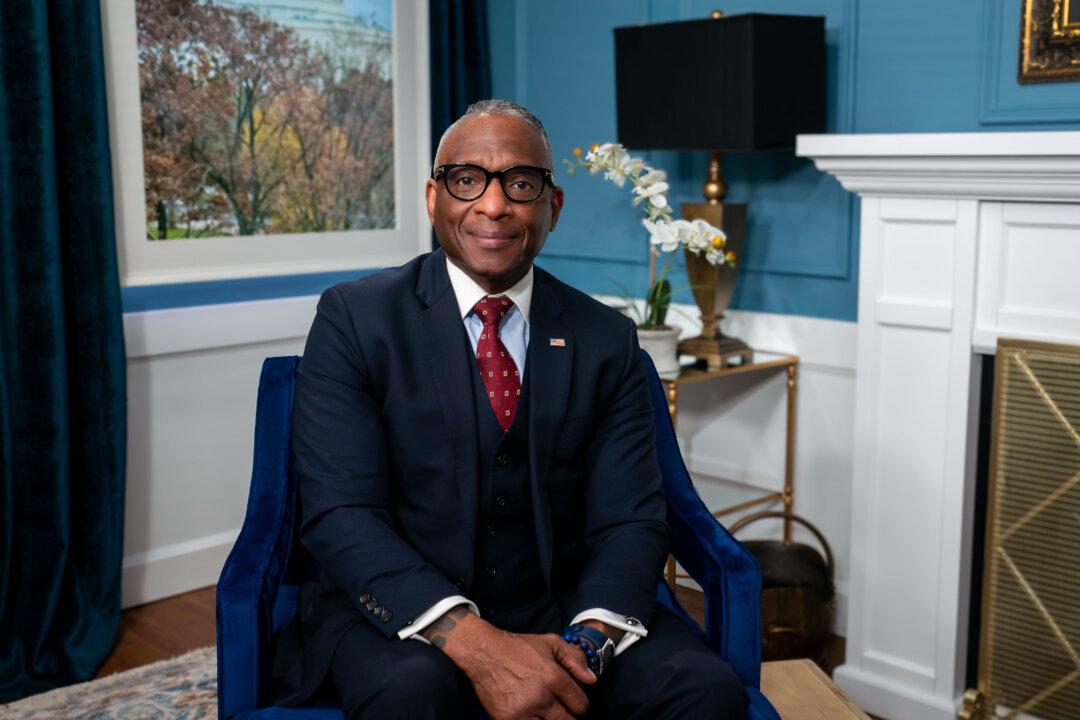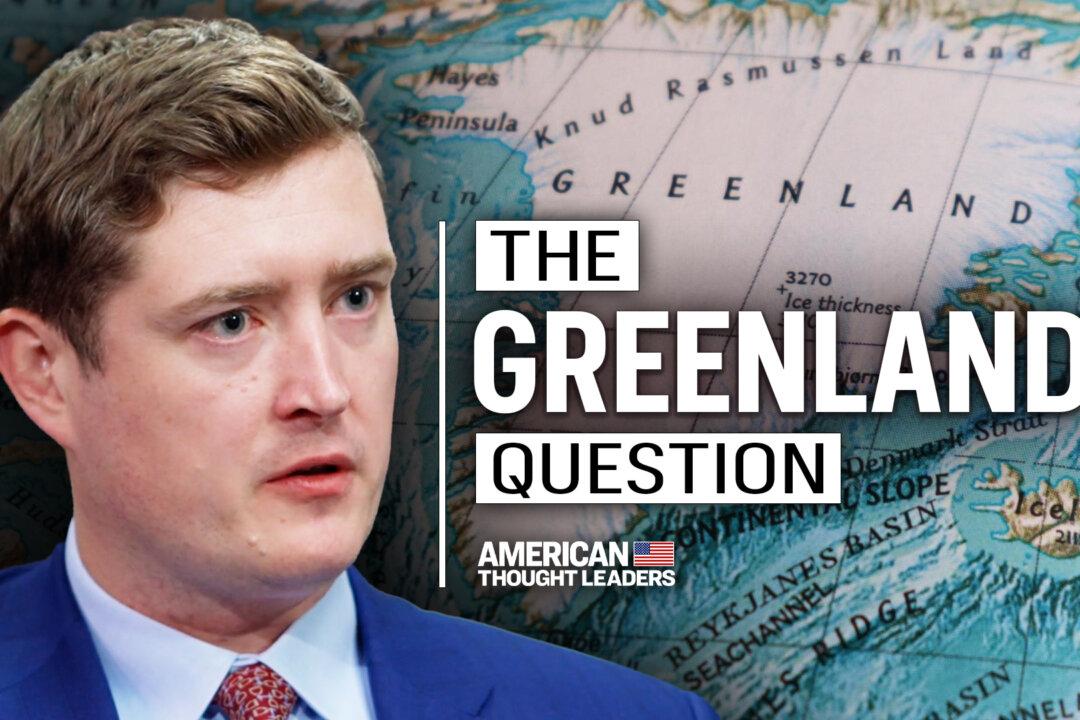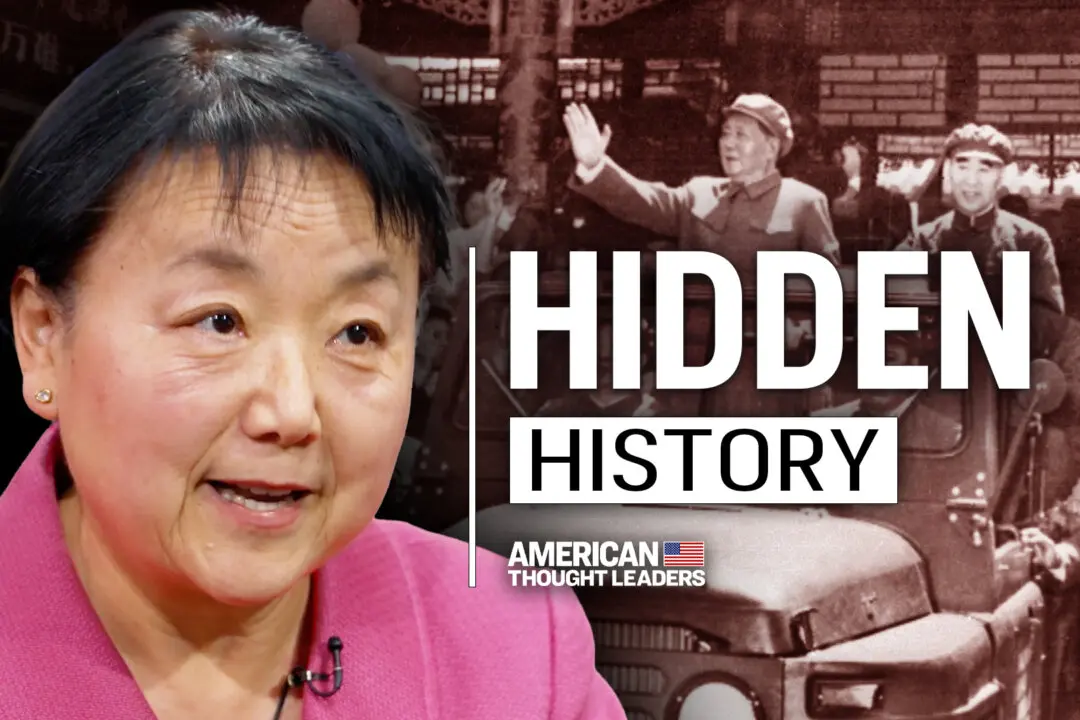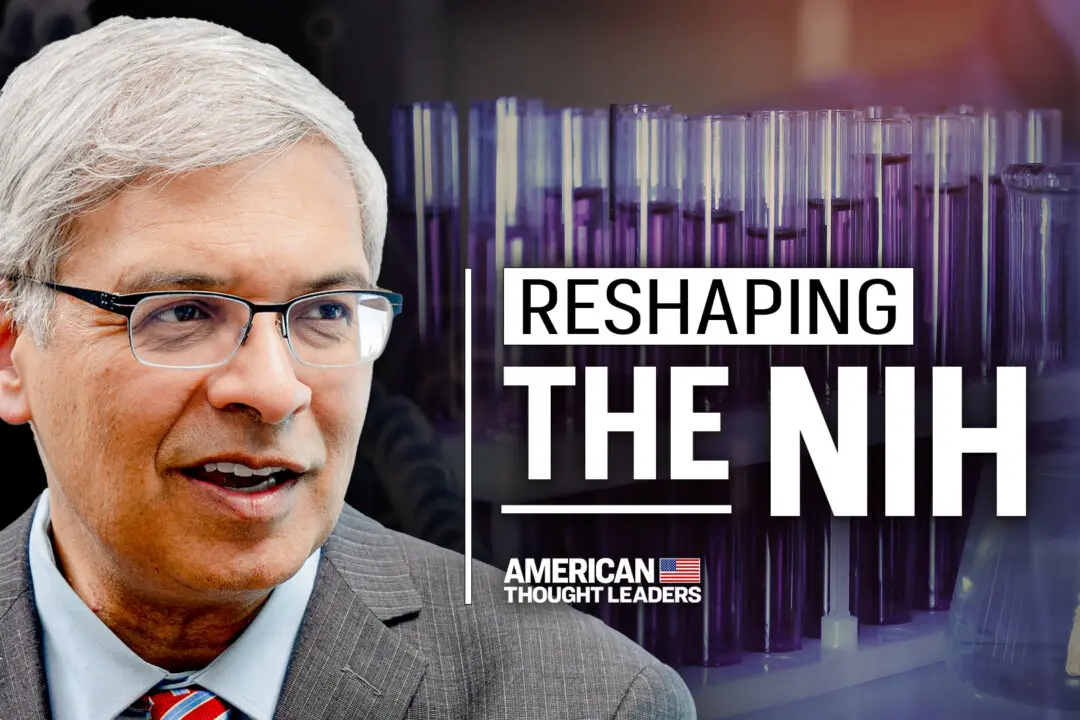In a recent episode of “American Thought Leaders,” host Jan Jekielek talks with Michael Brown about the Mexican drug cartels and the immense profits made from selling fake prescription drugs laced with fentanyl. A former agent for the Drug Enforcement Administration and global director for counter-narcotics technology at Rigaku Analytical Devices, Mr. Brown breaks down the new cartel business model, the cartel’s supply chain, and the role played by Chinese money-laundering proxies.
Mr. Jekielek: We’re going to talk about the fentanyl crisis. Please give us a sense of the big picture.






